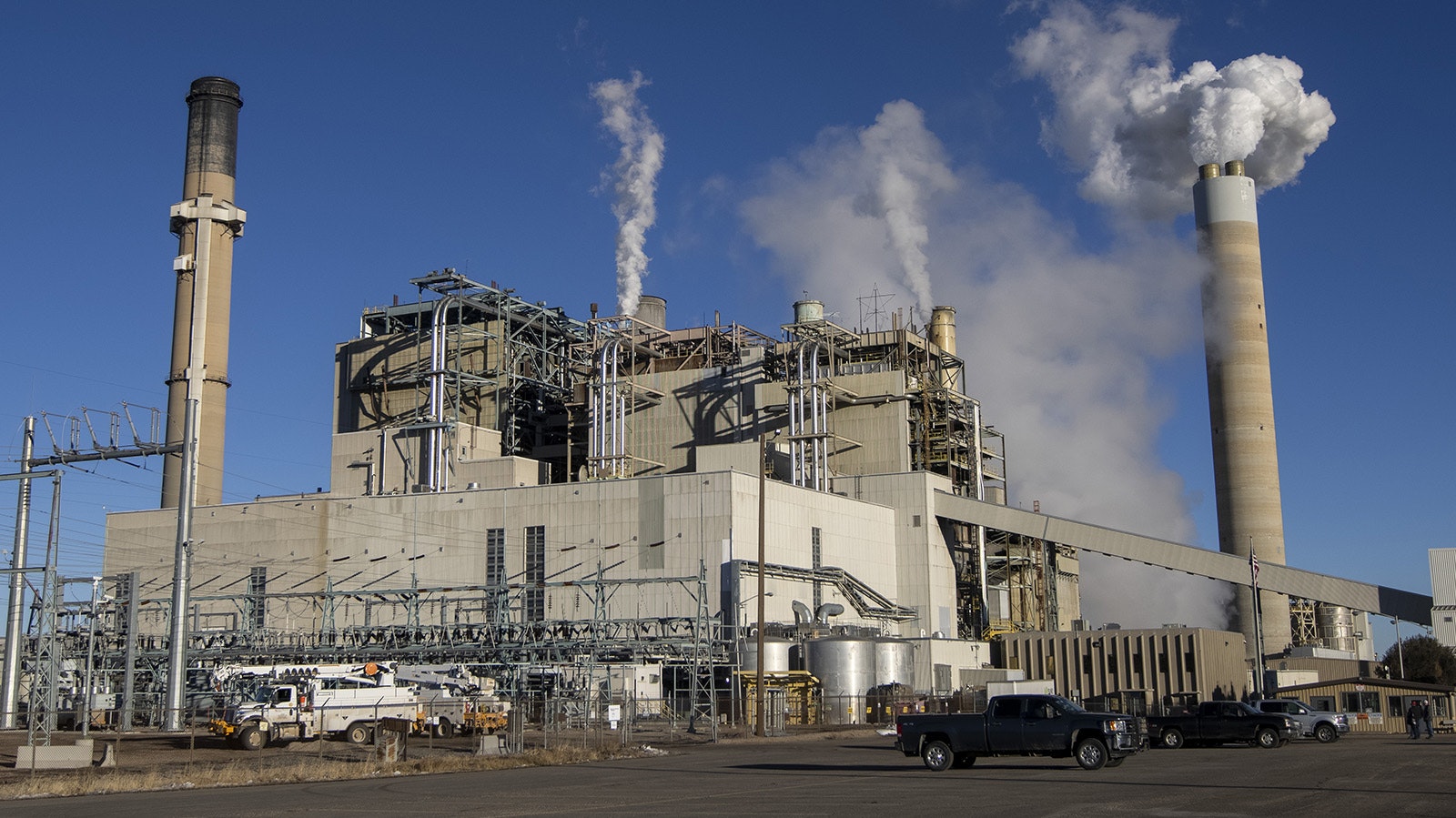Groups representing America’s coal industry, including the Wyoming Mining Association, are pushing back against plans to shut down more U.S. coal-fired power plants following the release of a prominent assessment of the reliability of America’s electricity grid.
The assessment by the North American Reliability Corporation (NERC) warns of increasing problems satisfying energy demand during times of extreme weather.
One of the important factors driving the resource shortfall, according to the assessment, is overreliance on wind and solar generation.
Chris Hamilton, president of the West Virginia Coal Association, said he organized the initiative to respond to President Joe Biden administration’s “overzealous plans to remove coal and natural gas from the grid.”
“We thought it would be best to parlay our resources together and start fighting back a little more than what we have,” Hamilton said.
Dependable Energy
NERC, a nonprofit regulatory authority overseeing risks to the reliability and security of the grid, released its annual long-term reliability assessment earlier this month, which determined elevated or high risks for energy shortfalls, meaning blackouts, throughout the West, Midwest and New England regions, especially during extreme weather.
The assessment cites a number of causes, but the growing wind and solar sector, coupled with retirements of coal-fired electrical generation, are a primary cause.
Armed with NERC’s findings, America’s coal associations are urging utility commissioners, governors and state legislators to hold back on retiring coal-fired power plants.
“Dispatchable resources like coal are five to six times more dependable than wind and twice as dependable as solar,” the associations say in a statement on NERC’s assessment.
Not Alone
Hamilton said the assessment is in line with what many utilities and other government agencies have been saying.
“We’re moving too quickly toward the zero-carbon economy,” Hamilton said.
Travis Deti, executive director of the Wyoming Mining Association, said he hopes the assessments, as well as outages that were seen in the East over the Christmas weekend, will help raise awareness of how important coal is to maintaining grid reliability.
“The bottom line is if Americans want to power their homes, to heat their homes, to cool their homes, to light their homes, you need fossil fuels. You need coal,” Deti said.
Insufficient Energy
Wyoming is served by two regional trade organizations, the Western Power Pool (WPP) and the Southwest Power Pool (SPP). NERC’s assessment rates them both as having elevated risk of energy shortfalls, while the Midwest, which is served by the Midcontinent Independent System Operator, faces high risks.
The assessment warns that extreme summer temperatures will “stress large portions” of the WPP and “reduce the availability of excess supply for transfer.”
Within the SPP, the risk comes with winter peak load during severe weather, which will cause forced outages when natural gas supplies are strained and wind isn’t available.
“The penetration of wind generation makes the resource mix variable and exposed to insufficient energy during low wind periods,” the NERC assessment states.
Among the recommendations NERC makes in the assessment is slowing the pace of power plant closures and factoring in the increasing demand on electricity resources from electric vehicles and space heaters.
‘Growing Pains’
Erik Molvar, executive director of the Western Watersheds Project, said the solution to addressing increased instability on the grid isn’t to reinforce coal resources.
“As the energy grid becomes increasingly weighted toward wind and solar, there are going to be growing pains that need to be reconciled within the way that the grid is structured,” Molvar said.
Molvar said the state of California reconfigured subsidies to put less emphasis on solar panel installation and more support for subsidizing battery storage, such as on-site Tesla Powerwalls, which are stored in homes and businesses, usually to store up excess rooftop solar.
“I think we’re going to see a lot more of that moving forward,” Molvar said.
Balanced Approach
Emily Arthun, CEO of the American Coal Council, which signed onto the statement, said she hopes people take a look at what happened over the Christmas holiday in the East and across Europe all year.
Millions of people were asked to turn off Christmas lights and turn down thermostats, and some areas of the Southeast were hit with rolling blackouts.
The Wall Street Journal reported earlier this month that Germans are weathering sky-high energy costs by making a game out of frugality.
Germans boast on social media about how long they keep the heat off, with thermometer readings as proof. Instead of hot showers, some are wiping down with washcloths and using camping stoves in their apartments.
Towns also are shutting off streetlights and shutting down saunas. Businesses are closing early, and some industries are closing their doors.
Arthun said in the face of all this energy scarcity, renewable energy proponents are not backing down. Instead, they’re saying the problems are reasons to build out more wind and solar.
“Our hope is that people start to realize that it takes a balanced approach,” she said. “You need that dispatchable reliable energy source that coal does provide in these times of extreme weather.”





